Home / us-presidential-election / Donald Trump Named Time
Donald Trump Named Time
By: My India Times
5 minutes read 58Updated At: 2024-12-13
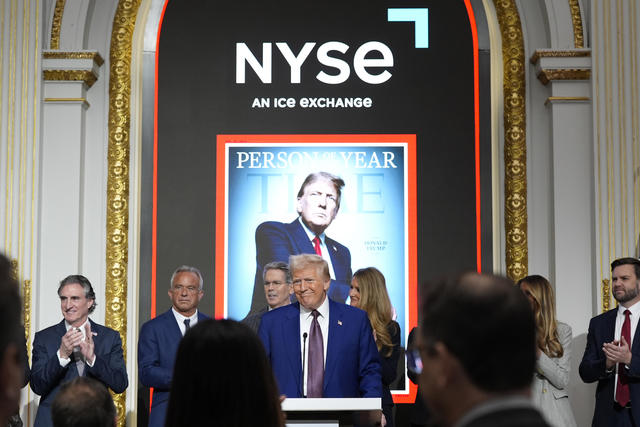
Donald Trump, the 45th President of the United States, has once again made headlines as Time magazine's Person of the Year. This momentous recognition is not just a celebration of his return to the forefront of American politics but also an acknowledgment of the unparalleled influence he continues to wield over the national and global stage. From a businessman and reality TV star to the most controversial and polarizing figure in modern U.S. history, Trump has reshaped the political narrative in ways no one could have predicted.
Trump’s journey from outsider to president is a story of defiance against the status quo. Many dismissed him as an improbable contender when he announced his candidacy in 2015. But what followed was a political revolution. His message—unapologetically populist, nationalistic, and anti-establishment—resonated deeply with millions of Americans who felt forgotten by traditional politicians. He was blunt, brash, and unafraid to speak his mind, characteristics that both endeared him to his supporters and made him a lightning rod for criticism.
The 2016 election, in which Trump pulled off a shocking victory against Hillary Clinton, marked a turning point in American politics. He didn’t just win the presidency—he dismantled decades of political norms, ushering in a new era of governance where the rules were bent to fit his vision. His administration was marked by sweeping tax cuts, deregulation, and an “America First” foreign policy that upended traditional alliances and trade agreements. His leadership style, while criticized as chaotic and unpredictable, appealed to those tired of the political establishment and eager for change.
What’s remarkable about Trump’s second Person of the Year honor is the continued impact he has had even after leaving the Oval Office in 2021. While many thought his political influence would wane, Trump has proven resilient, maintaining a hold over the Republican Party and the national conversation. His role in shaping the party's future is undeniable—he has turned it into a more populist, nationalist force, aligning it with his vision for America’s future. The 2024 presidential race is already shaping up to be a referendum on his legacy, with speculation mounting that he may seek a return to the White House.
But Trump’s influence stretches beyond politics. His approach to communication has forever altered how leaders interact with the media and the public. Throughout his presidency, Trump effectively used Twitter, and later Truth Social, as his megaphone to bypass traditional news outlets. This direct connection with his base gave him the power to control the narrative, often in real-time. While his critics accuse him of spreading misinformation, his supporters see it as a necessary challenge to the so-called “fake news” media that they believe misrepresents their values.
His impact on media consumption is a key part of his enduring legacy. Trump became the center of every news cycle, with headlines often revolving around his words, actions, and tweets. In a sense, Trump didn’t just adapt to the changing media landscape; he helped shape it, turning the spotlight onto himself with unparalleled skill. His contentious relationship with the media—from labeling outlets as “fake news” to calling out individual journalists—sparked debates about the role of the press in modern democracy. His ability to dominate news coverage, sometimes by design and sometimes by controversy, redefined the boundaries of political discourse.
However, Trump’s time in office also exacerbated the cultural divide within the United States. His rhetoric, often criticized for being divisive, sparked a fierce national debate on issues such as race, immigration, and healthcare. For many, he became a symbol of resistance to the progressive movements that were gaining momentum in the 2010s. His stance on immigration—particularly his efforts to build a border wall—rallied his supporters, even as it sparked outrage among those advocating for more inclusive policies.
The cultural rift Trump created is evident in the way Americans continue to view his legacy. For his ardent supporters, he remains a champion of American exceptionalism, a fighter against the political establishment, and a protector of traditional values. For his critics, however, Trump is seen as a threat to democracy, a man who used his power to stoke division and undermine institutions. His presidency unleashed an era of polarization, one that continues to reverberate in the political landscape today.
Despite the controversies, there’s no denying the magnitude of Trump’s influence on American politics. The Republican Party has evolved under his leadership, embracing his populist ideals and casting off the establishment Republicans who once held sway. He has reshaped how the party views issues like trade, immigration, and foreign policy. In many ways, Trump is not just a political figure but the embodiment of a cultural shift—a movement that embraces nationalism, skepticism of global institutions, and a deep distrust of government elites.
As Trump looks to the future, his legacy will continue to be a subject of intense debate. Will he run for president again in 2024? And if he does, what kind of campaign will he run? These questions are just the beginning. His continued influence on the Republican Party and American politics is a testament to his lasting power.
In conclusion, Donald Trump’s second recognition as Time's Person of the Year isn’t just a reflection of his achievements—it’s a recognition of his profound impact on the modern world. His legacy is still unfolding, but one thing is certain: whether you love him or hate him, Donald Trump has left a mark on history that will be studied, debated, and remembered for generations to come. As the political landscape continues to shift, Trump’s name will remain synonymous with disruption, leadership, and an unrelenting drive to challenge the system.
....Donald Trump, the 45th President of the United States, has once again made headlines as Time magazine's Person of the Year. This momentous recognition is not just a celebration of his return to the forefront of American politics but also an acknowledgment of the unparalleled influence he continues to wield over the national and global stage. From a businessman and reality TV star to the most controversial and polarizing figure in modern U.S. history, Trump has reshaped the political narrative in ways no one could have predicted.
Trump’s journey from outsider to president is a story of defiance against the status quo. Many dismissed him as an improbable contender when he announced his candidacy in 2015. But what followed was a political revolution. His message—unapologetically populist, nationalistic, and anti-establishment—resonated deeply with millions of Americans who felt forgotten by traditional politicians. He was blunt, brash, and unafraid to speak his mind, characteristics that both endeared him to his supporters and made him a lightning rod for criticism.
The 2016 election, in which Trump pulled off a shocking victory against Hillary Clinton, marked a turning point in American politics. He didn’t just win the presidency—he dismantled decades of political norms, ushering in a new era of governance where the rules were bent to fit his vision. His administration was marked by sweeping tax cuts, deregulation, and an “America First” foreign policy that upended traditional alliances and trade agreements. His leadership style, while criticized as chaotic and unpredictable, appealed to those tired of the political establishment and eager for change.
What’s remarkable about Trump’s second Person of the Year honor is the continued impact he has had even after leaving the Oval Office in 2021. While many thought his political influence would wane, Trump has proven resilient, maintaining a hold over the Republican Party and the national conversation. His role in shaping the party's future is undeniable—he has turned it into a more populist, nationalist force, aligning it with his vision for America’s future. The 2024 presidential race is already shaping up to be a referendum on his legacy, with speculation mounting that he may seek a return to the White House.
But Trump’s influence stretches beyond politics. His approach to communication has forever altered how leaders interact with the media and the public. Throughout his presidency, Trump effectively used Twitter, and later Truth Social, as his megaphone to bypass traditional news outlets. This direct connection with his base gave him the power to control the narrative, often in real-time. While his critics accuse him of spreading misinformation, his supporters see it as a necessary challenge to the so-called “fake news” media that they believe misrepresents their values.
His impact on media consumption is a key part of his enduring legacy. Trump became the center of every news cycle, with headlines often revolving around his words, actions, and tweets. In a sense, Trump didn’t just adapt to the changing media landscape; he helped shape it, turning the spotlight onto himself with unparalleled skill. His contentious relationship with the media—from labeling outlets as “fake news” to calling out individual journalists—sparked debates about the role of the press in modern democracy. His ability to dominate news coverage, sometimes by design and sometimes by controversy, redefined the boundaries of political discourse.
However, Trump’s time in office also exacerbated the cultural divide within the United States. His rhetoric, often criticized for being divisive, sparked a fierce national debate on issues such as race, immigration, and healthcare. For many, he became a symbol of resistance to the progressive movements that were gaining momentum in the 2010s. His stance on immigration—particularly his efforts to build a border wall—rallied his supporters, even as it sparked outrage among those advocating for more inclusive policies.
The cultural rift Trump created is evident in the way Americans continue to view his legacy. For his ardent supporters, he remains a champion of American exceptionalism, a fighter against the political establishment, and a protector of traditional values. For his critics, however, Trump is seen as a threat to democracy, a man who used his power to stoke division and undermine institutions. His presidency unleashed an era of polarization, one that continues to reverberate in the political landscape today.
Despite the controversies, there’s no denying the magnitude of Trump’s influence on American politics. The Republican Party has evolved under his leadership, embracing his populist ideals and casting off the establishment Republicans who once held sway. He has reshaped how the party views issues like trade, immigration, and foreign policy. In many ways, Trump is not just a political figure but the embodiment of a cultural shift—a movement that embraces nationalism, skepticism of global institutions, and a deep distrust of government elites.
As Trump looks to the future, his legacy will continue to be a subject of intense debate. Will he run for president again in 2024? And if he does, what kind of campaign will he run? These questions are just the beginning. His continued influence on the Republican Party and American politics is a testament to his lasting power.
In conclusion, Donald Trump’s second recognition as Time's Person of the Year isn’t just a reflection of his achievements—it’s a recognition of his profound impact on the modern world. His legacy is still unfolding, but one thing is certain: whether you love him or hate him, Donald Trump has left a mark on history that will be studied, debated, and remembered for generations to come. As the political landscape continues to shift, Trump’s name will remain synonymous with disruption, leadership, and an unrelenting drive to challenge the system.
By: My India Times
Updated At: 2024-12-13
Tags: us-presidential-election News | My India Times News | Trending News | Travel News
Join our WhatsApp Channel




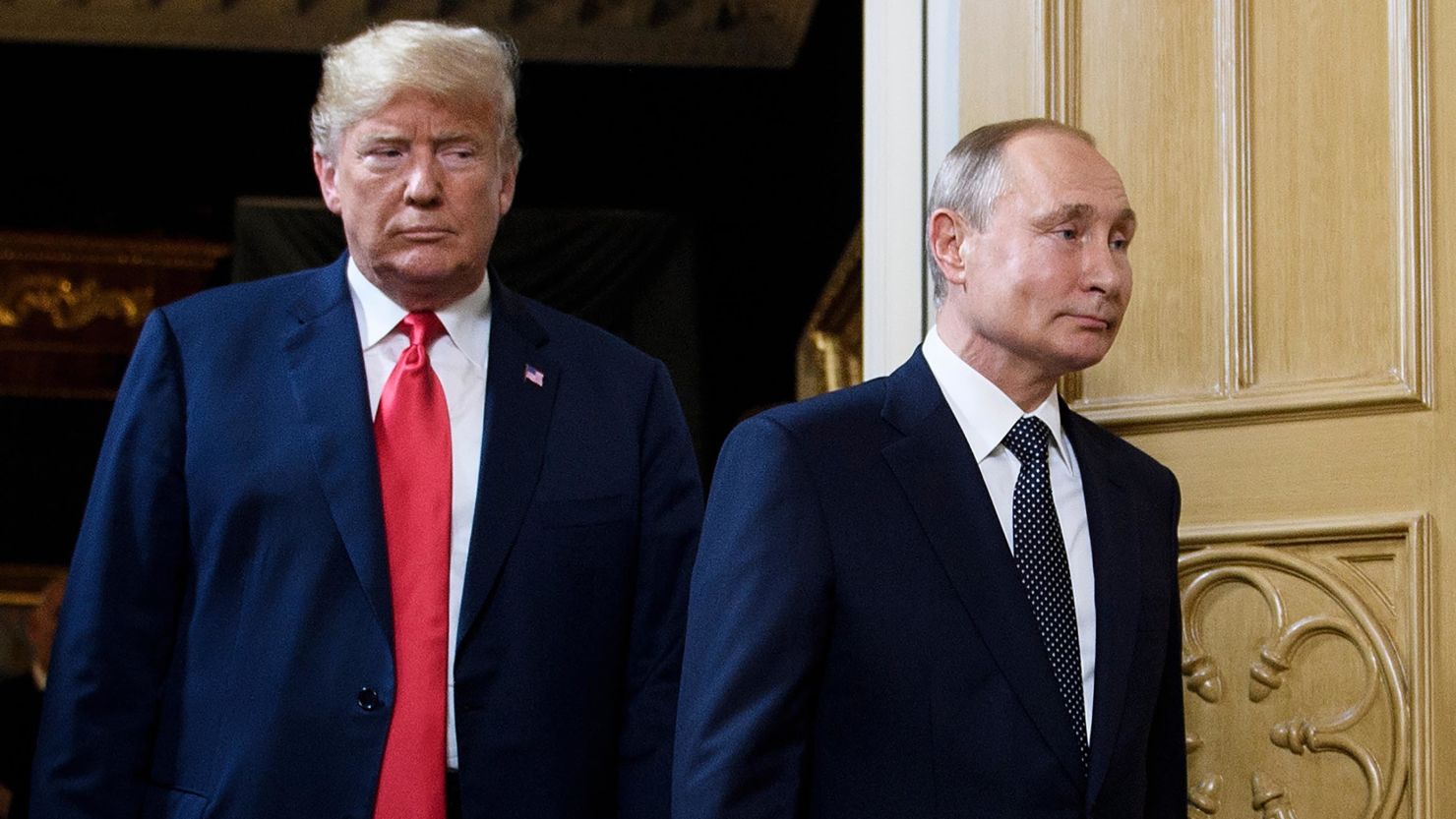
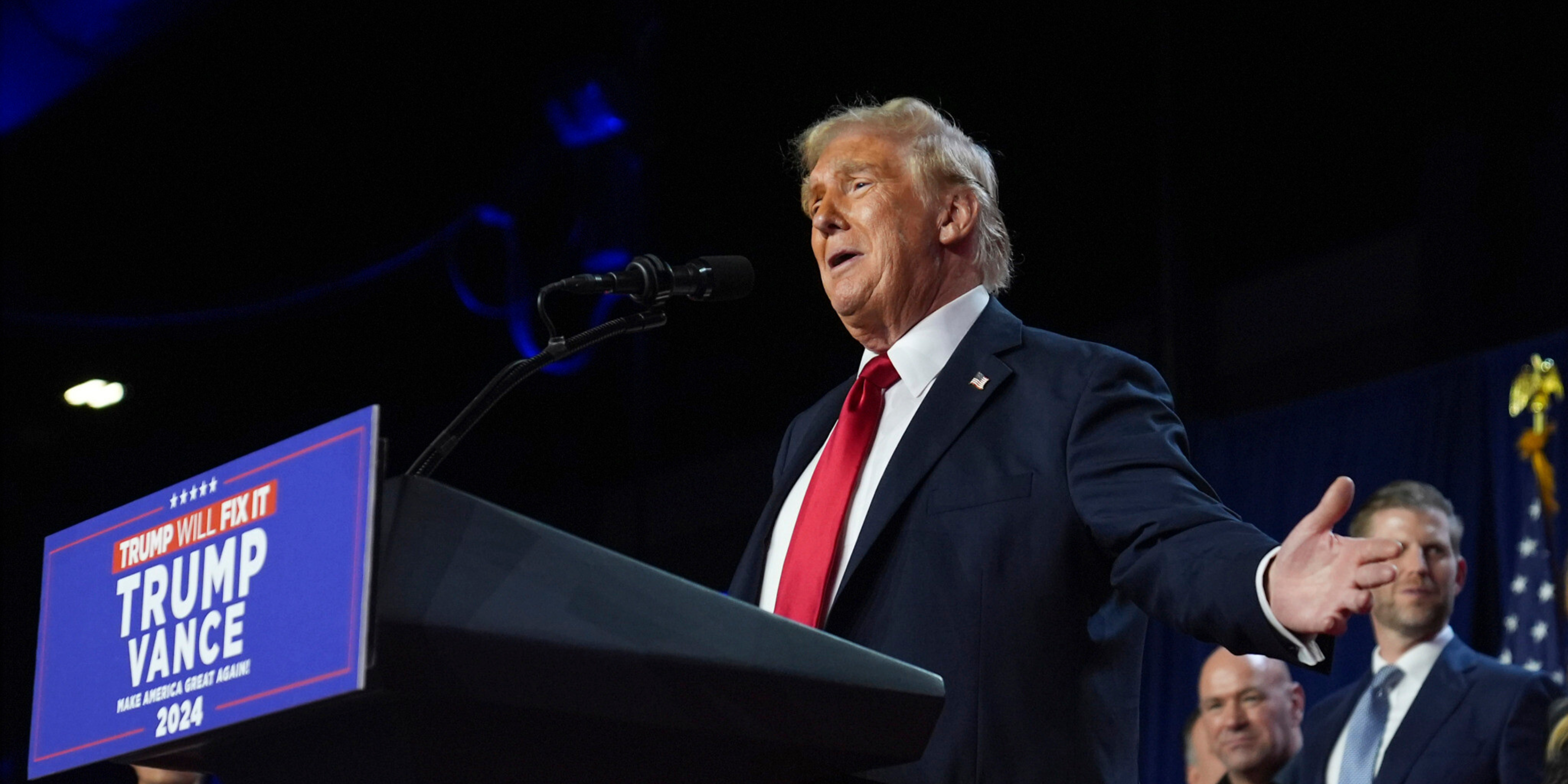
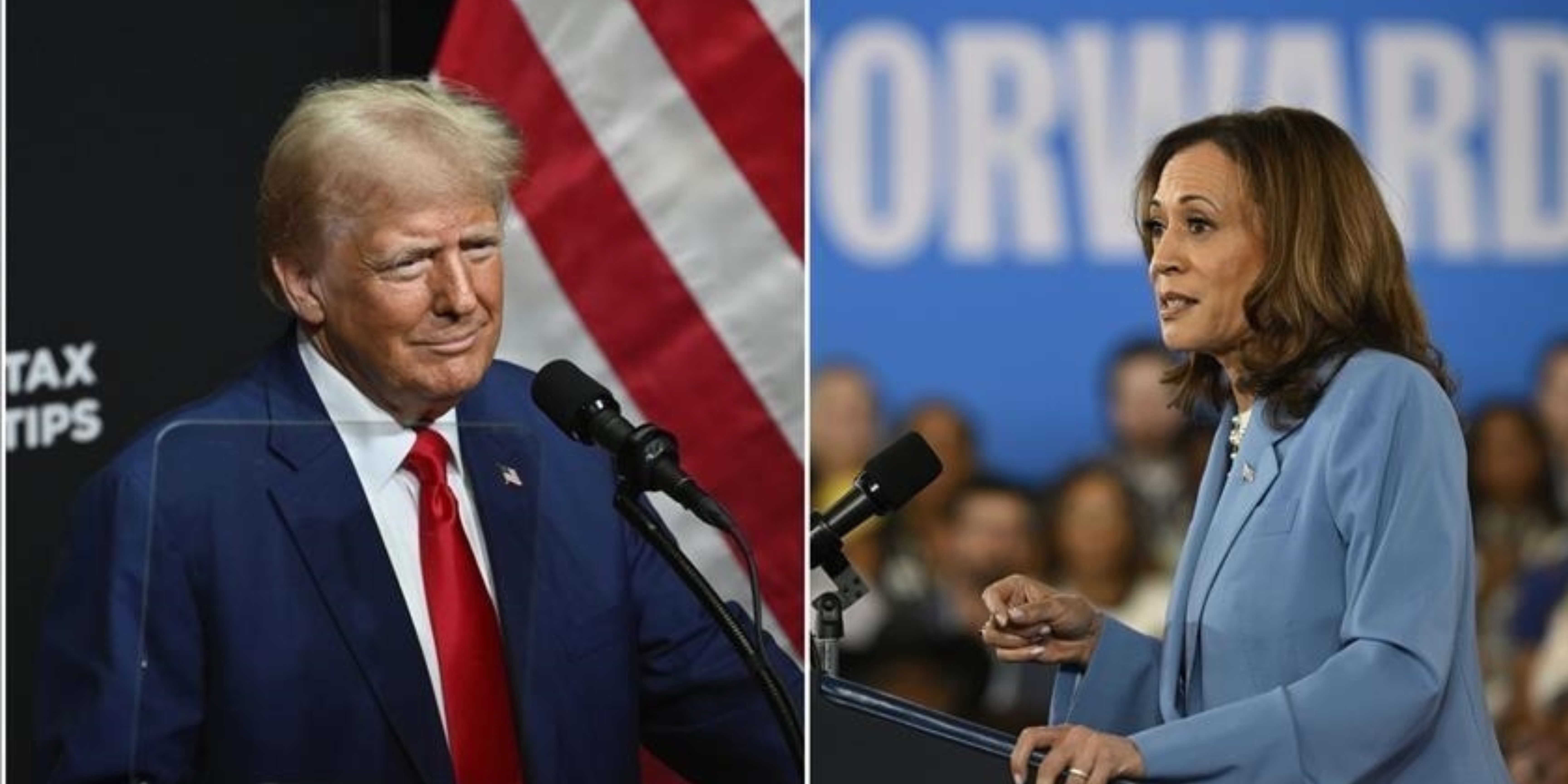


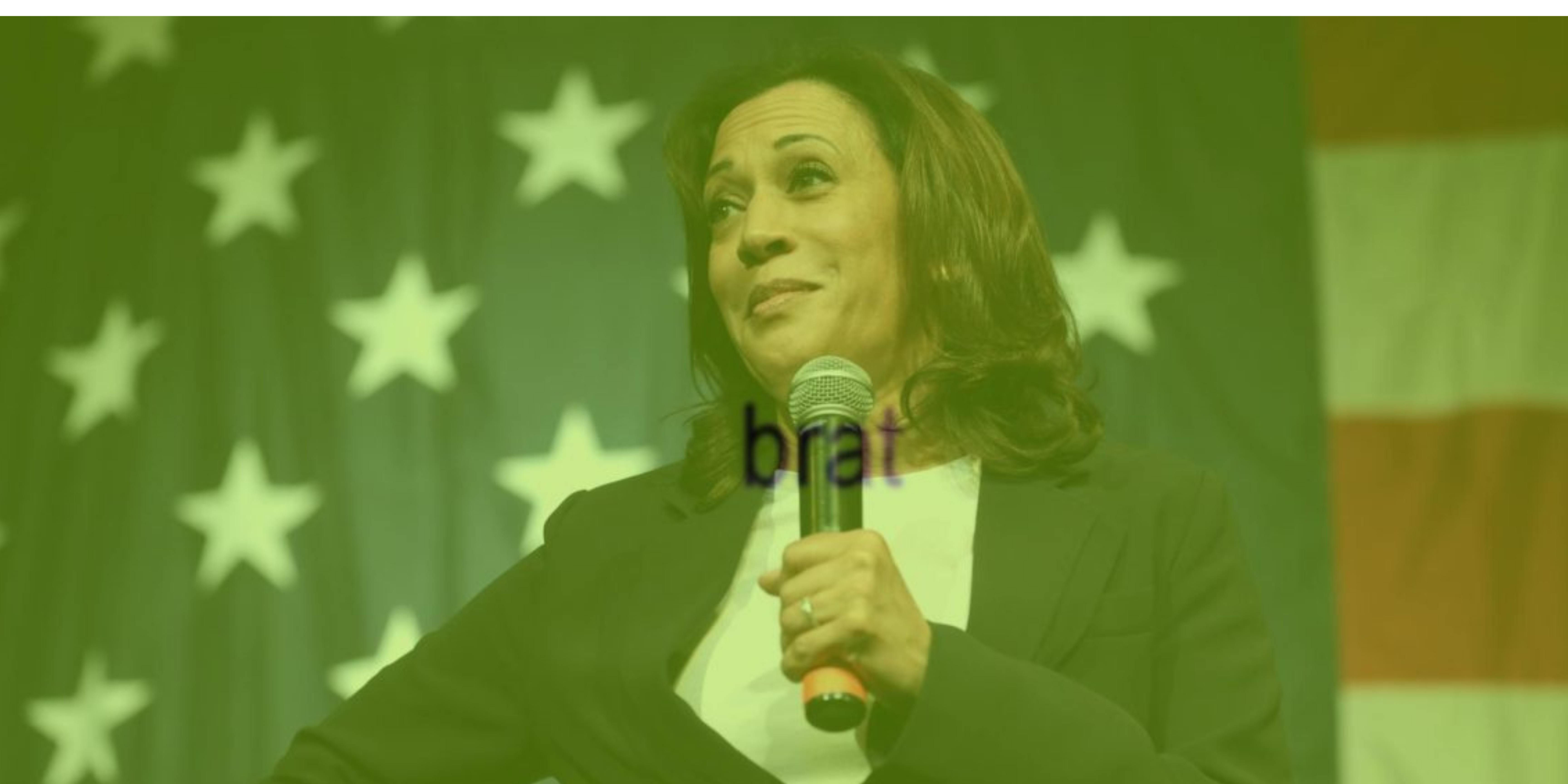
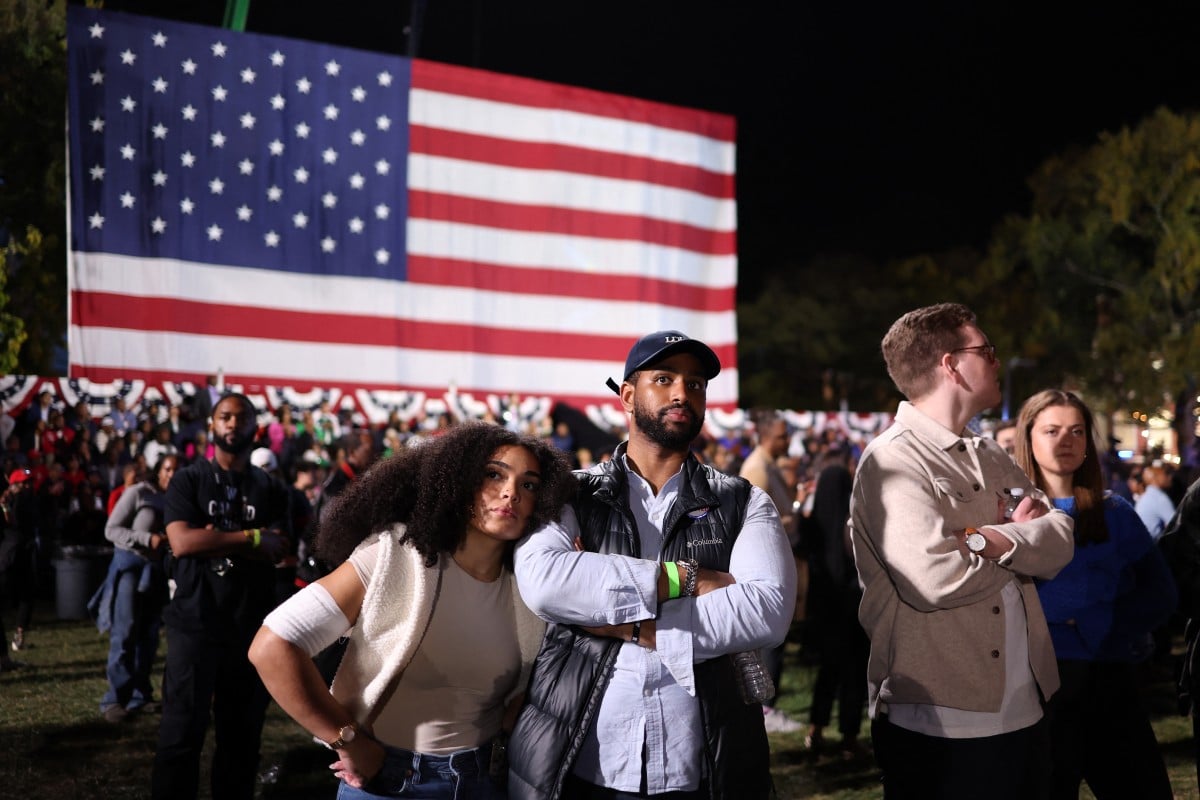
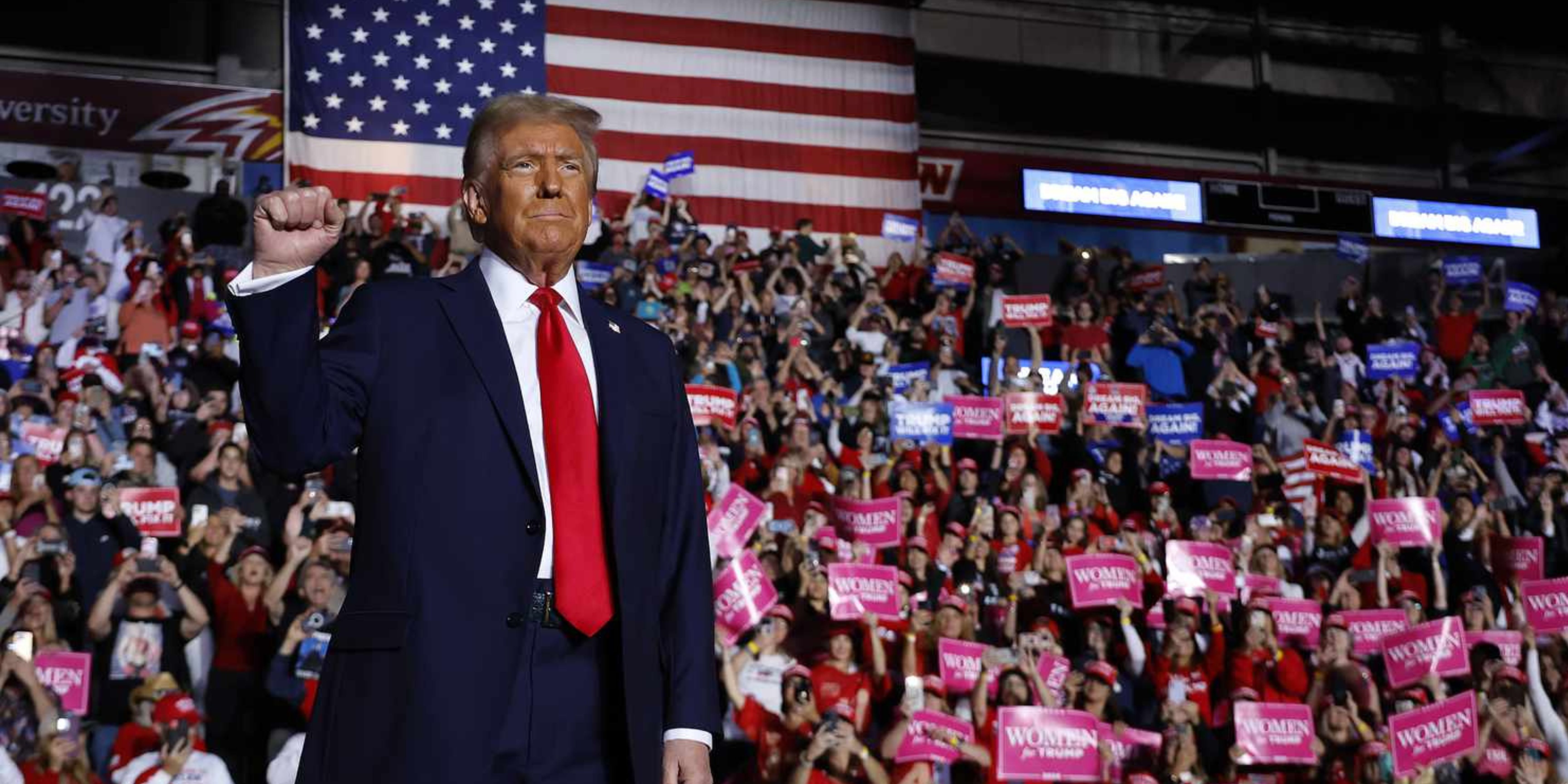

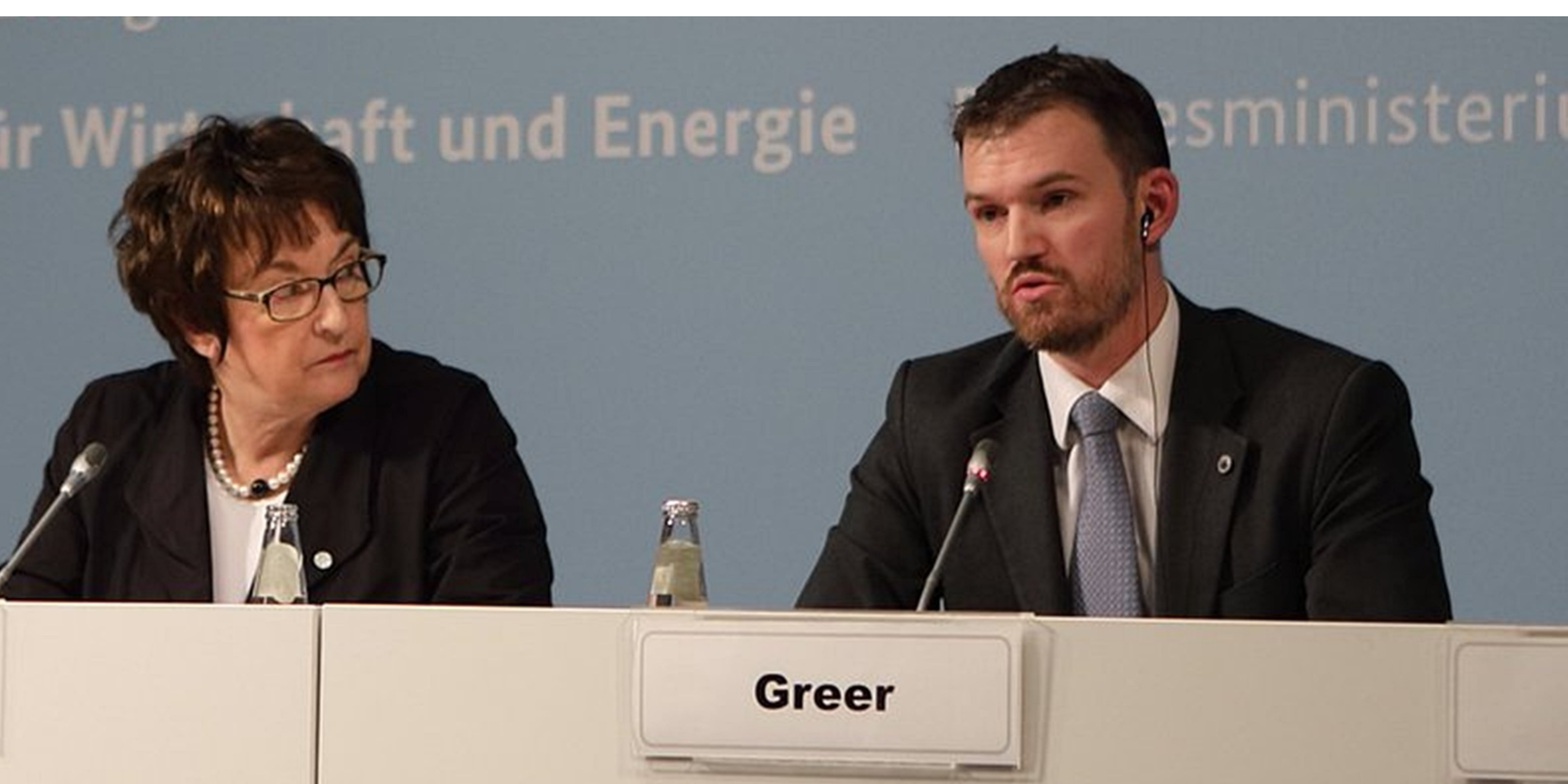




























































































.png)
 (1).png)























